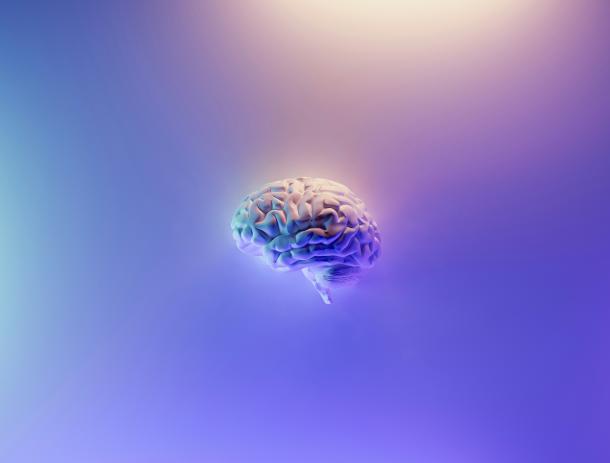Event
First Meeting of the Ad Hoc Expert Group for the elaboration of a draft Recommendation on the Ethics of Neurotechnology

Follow the meeting
Following the decision taken by the 194 Member States of UNESCO during the 42nd session of the General Conference held in November 2023, UNESCO Director-General Audrey Azoulay has convened a multidisciplinary group of 24 high-level experts geographically and gender balanced, also called the Ad Hoc Expert Group (AHEG), to prepare a first draft of the Recommendation on the Ethics of Neurotechnology.
Background
Today, neurotechnology offers tangible possibilities for enhancing people’s well-being – it brings invaluable promises to alleviate human suffering when it comes to memory or movement loss, as well as in the case of mental health diseases. Globally, 1 in 8 people suffer from a mental disorder and 1 in 3 people are affected by a neurological condition.
However, neurotechnologies also raise massive risks and concerns that must be addressed by the international community. UNESCO’s International Bioethics Committee (IBC) addressed these concerns in 2021 through a forward-looking report, Ethical issues of neurotechnology, alerting on five main ethical challenges – cerebral/mental integrity and human dignity, personal integrity and psychological continuity, autonomy, mental privacy, and accessibility and social justice – and inviting Member States to ensure respect to neurorights through its recommendations. UNESCO’s unique work on the ethical implications of neurotechnology emphasized the need for a robust global governance model, positioning the Organization as the optimal space to lead the international debate and develop such a framework.
The future Recommendation is intended to be rooted in universal Human Rights and fundamental freedoms, aiming to keep the trajectory of neurotechnology to be used to promote the welfare of society.
Recommendation’s roadmap
From May to July 2024, global, regional, and national consultations will be conducted by UNESCO in order to collect the views of a wide range of key stakeholders and to incorporate pluralistic perspectives into the draft Recommendation, ensuring an open and inclusive elaboration process.
This will be followed by a second meeting of the AHEG on 26 to 30 August 2024, intended to embed the inputs raised by the consultation process. The first draft of the standard-setting instrument will be shared with Member States by September 2024, opening the intergovernmental consultation process that will take place until 2025.
The final text of the Recommendation will be presented for adoption in November 2025 at the 43rd session of the General Conference.





